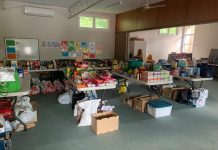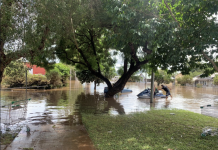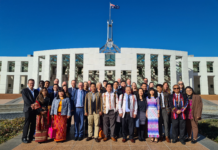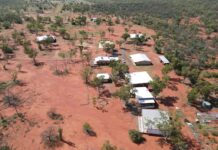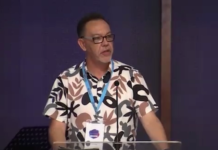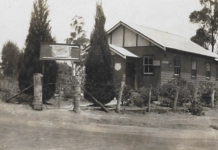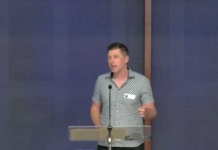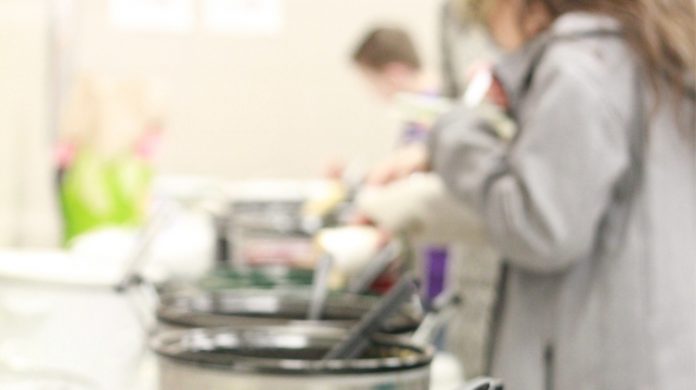
Recently, I have had the privilege to visit and meet with people from both Baptist World Aid Australia (which is located in North Ryde and helps to dramatically reduce poverty in communities around the world) and HopeStreet (a Baptist Care organisation in Woolloomooloo offering compassion, shelter and hope for marginalised people, including the homeless, sex workers, as well as practical support such as counseling for gambling and training the unemployed). They were fruitful conversations, and I was fortunate enough to meet team members, hear stories, and find out more about campaigns and programs. We’ve since had several Baptist World Aid advocacy workers come to speak in our Bedford College devotions and will soon have a visit from HopeStreet with the intention of further connection down the line. Bedford has been a proud supporter of HopeStreet for many years.
In the days following these meetings I got to thinking about the relationship between these two causes and organisations. Specifically, I reflected on how often on social media (and physical equivalents) posts about supporting or advocating for foreign aid are met with criticism or cries of “what about taking care of our own homeless”. I cannot count the times I’ve seen comments like this attached to posts about whether we should increase foreign aid and overseas charity. Now there are multiple ways we could discuss the problematic nature of such responses, and there is good reason to do so. There is a need to address the darker motivations of racism that often lead to people to favour domestic causes, just as there is a need to counter those who feel homelessness is something people solely bring upon themselves due to poor life choices. As I said, lots of ways we could go. For now, I will have to limit the scope and talk about something that can lurk beneath the tendency to pit one cause against another, and that is the concept of scarcity.
Scarcity, or better yet a fear of scarcity, I believe, lies in such either/or, zero-sum approaches. While scarcity is something to keep in mind when considering responses to our current ecological crisis, when it becomes too great an influence on our inter-personal response it grows dangerous. There are various foundations for this fear; one prominent cornerstone is our knowledge of our personal limitations. We know that we only have a certain amount of money, time, energy, and perhaps, love. We know that budgets have limits, and we can grow despondent with the vastness of the world’s despair and so wish to hone our focus. The problem with this fear is that it underestimates the boundless love of God and the power of community.
When it comes to love, our God is not one of scarcity but extravagance. Jesus exemplified this by ensuring the wine flowed at the wedding in Cana, through multiplying the loaves and fish, by accepting and praising his anointing by the woman with oil. Jesus commended the widow who, rather than be limited by her scarcity, gave from it willingly. Jesus taught that his disciples could not mourn while the bridegroom was with them, that a neighbour goes above and beyond to help those in need (whoever they are or wherever they are from), and that a good father welcomes back a wandering son with the kind of party that would receive noise complaints in any respectable neighbourhood. We need to understand, embrace, and celebrate that we follow and are faithful to this kind of a God, that we are disciples of an abundant and boundlessly loving Messiah. From this, we challenge first our attitudes (and then those of others), which would be driven by scarcity, by a view of love which can run out, by thoughts that pit one cause against another. We recognise our personal limitations and accept that we cannot do everything in everyplace, but remember that we worship a God present in every place, raising up and sustaining people working for Kingdom causes worldwide. We also need to look beyond ourselves to remember that we are not alone in this.
We walk this road together. We live our faith and discipleship in communities drawing on the wisdom and energy of those around us, who’ve come before us and will follow after. This is why it is essential to tell stories. This is why we’re hosting both Baptist World Aid and HopeStreet, to hear the stories (of the organisation and the individuals within). At the end of these devotions, the prominent message has been to reflect on what you’re are passionate about and to get involved. It is not that you have to take action with ethical fashion campaigns or homeless ministries; it is to find your thing and go! Students take inspiration from the stories to fuel their own action in the world, and they take the encouraging knowledge that someone is at work in these areas whether or not they follow that path. This challenges the fear of scarcity, they don’t have to derail a comment thread by bringing up an alternative cause, because they know that even though person x is Facebook posting about foreign aid, person y is working with the homeless, and they as person z are free to follow their passion of working with at risk youth, or climate change, or Australia’s First Peoples. Community brings abundance; it widens the bounds of possibility and the horizon of influence.
So we need to tell the stories. To combat our fear of scarcity, to counter zero-sum attitudes of pitting cause against cause, we need to tell the story of a God of boundless love and communities of abundant hope and action. That is what we are trying to do with our devotional space at Bedford, and it is what I encourage you to explore doing in your churches and beyond.

